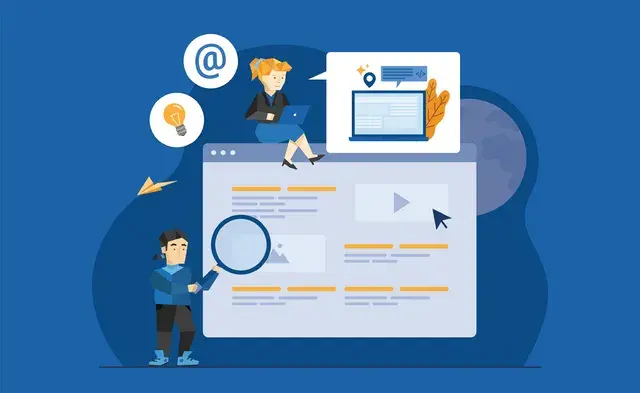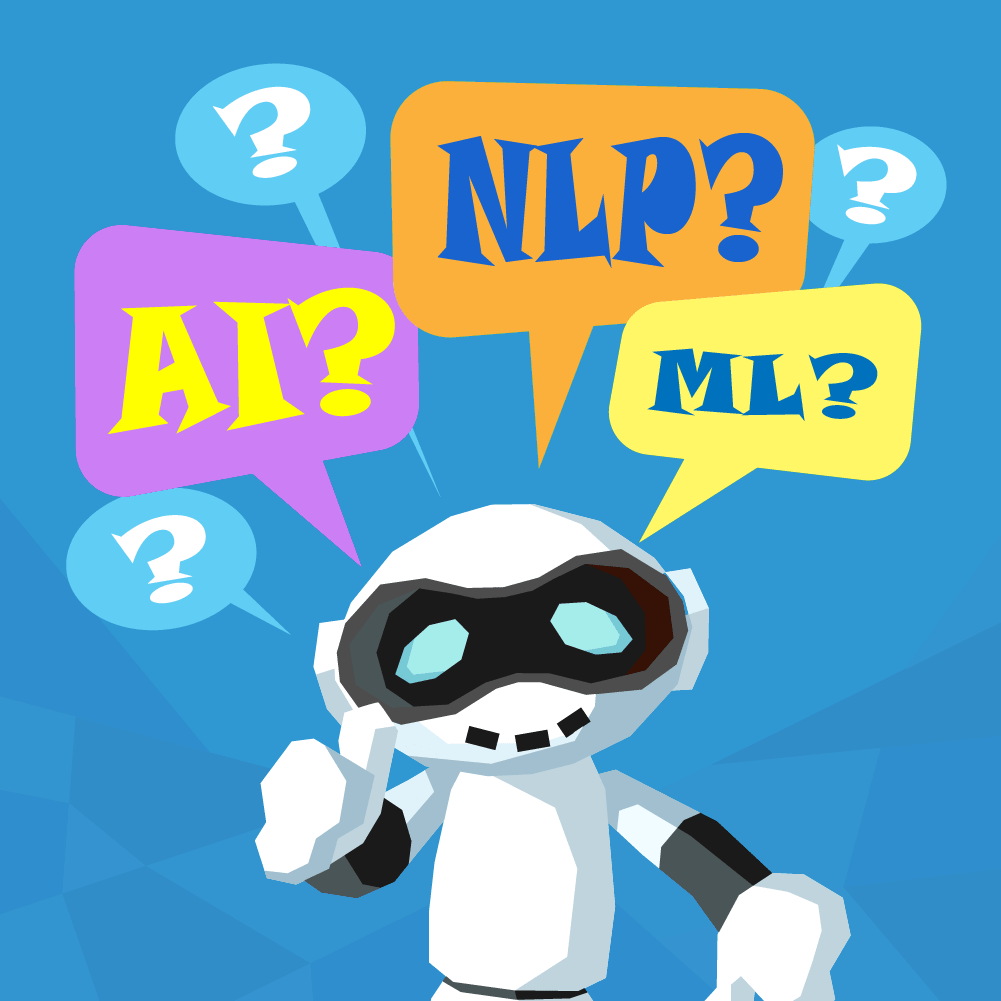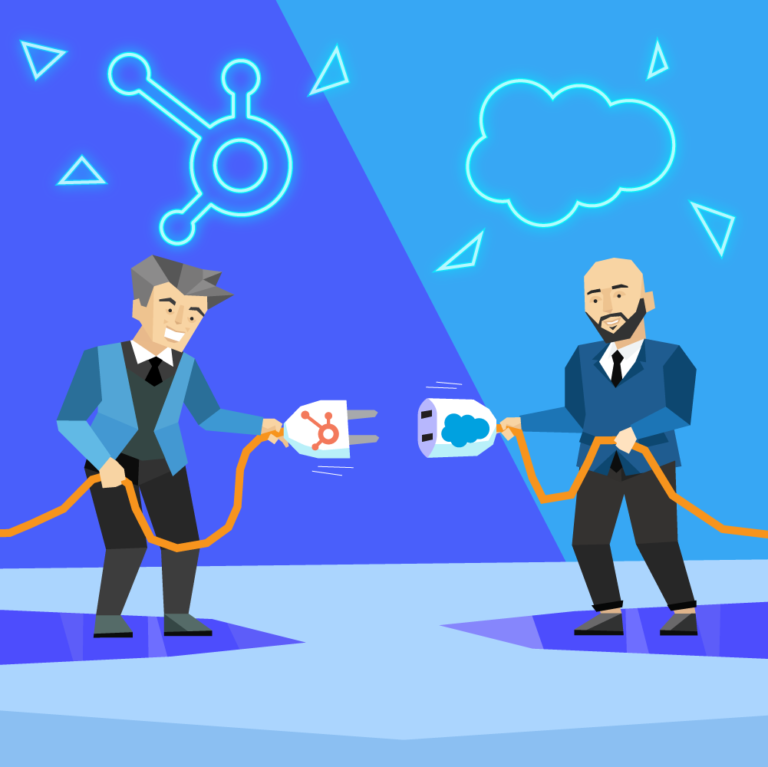
Setting the Context: Gaining Deeper Insights from Makhyan’s Article
In the complexities of search engine optimization, outbound linking emerges as a pivotal cornerstone. Makhyan’s excellent article – “No, outbound links won’t help your content rank better on Google”– offers not just a journalistic exploration of this theme but serves as a gateway to the seemingly secret language of Google’s patent: “Classifying sites as low-quality sites.” For the uninitiated, the title of Makhyan’s article might sound provocative. However, to those with a keen understanding of the ever-evolving SEO realm, the connection between the content and the central concepts of Google’s patent becomes increasingly apparent, underscoring the nuanced role of outbound linking.
Deciphering the Google Patent: “Classifying Sites As Low-Quality Sites”
Google’s patent, “Classifying sites as low-quality sites,” shines a spotlight on the methodical assessment of websites, with their outbound linking mechanisms being a central determinant. It meticulously outlines several key facets:
- Resource Quality Score: This represents an evaluation metric focused on the intrinsic value and contextual relevance of each outbound link. It’s not just about linking to an external site, but about the quality and relevance of the information at the end of that link.
- Resource quality groups: Rather than needing to evaluate each site individually, the patent introduces a systematic categorization. Here, outbound links are clustered together based on their Quality Scores, ensuring a more organized and hierarchical understanding of outbound link dynamics.
- Link Quality Score determination: Beyond isolated links, this criterion emphasizes a more holistic view. It considers the collective quality of all outbound links from a site and aggregates them to arrive at a cumulative score, reflecting the site’s overall outbound linking health.
- Threshold determination: The patent goes a step further by setting a benchmark or standard. If a website’s link Quality Score falls below this threshold, it is earmarked as “low quality.” This standardization helps differentiate genuinely valuable sites from those merely trying to game the system with haphazard linking.
John Mueller’s insights, as touched upon in Makhyan’s article, don’t stand in a vacuum but seem to be tied to the guiding principles of this patent. His emphasis on intentional and meaningful linking finds roots in the patent’s methodology. So, the message is clear: in the realm of SEO, mere linking doesn’t suffice; what truly counts is the strategic, qualitative use of these links.
Reboot Online’s Study: Empirical Evidence and Its Implications
Serving as a real-world endorsement of the patent’s principles, the Reboot Online study adds weight to the discussion. Their experiment—using ten new websites, half with and half without external links intentionally and meaningfully linking out—offered conclusive evidence: websites incorporating strategic outbound links enjoy increasingly higher rankings in Google searches.
Though this research was first conducted in 2015/2016, it was repeated in 2020 with consistent outcomes. Such findings reinforce the importance of outbound links, echoing the ideas in Google’s patent and Mueller’s commentaries.
AI and Authenticity: the Gap between Automation and Genuine Authority
The introduction of AI in content creation poses significant challenges, particularly concerning the authenticity and depth of outbound linking. The detailed nature of Google’s patent on classifying sites by quality underscores a critical question: Can AI, with all its advancements, truly grasp the subtleties required for effective outbound linking? This issue highlights the potential disconnect between automated content generation and the depth of understanding necessary to create valuable outbound links.
AI As an Ally: Harnessing the Power of Outbound Linking in a World of AI-Generated Content
AI as Your Ally: Enhancing Outbound Linking
In the era of AI-generated content, mastering the art of outbound linking becomes a strategic advantage. Google’s patent underscores the significance of not just any links, but the right kind of links. When AI helps identify potential sources, the critical task remains with content creators—to ensure these links add value and relevance. It’s about leveraging AI to navigate the vast digital ocean, pinpointing islands of credibility and knowledge that enrich your content. This judicious blend of technology and human insight elevates your SEO strategy, making your content more discoverable and valued by Google’s algorithms.
The Human Touch: Elevating Content Authenticity
Despite the efficiency of AI in generating content, it falls short in grasping the nuances that human experience brings. Your expertise in a subject matter allows you to infuse content with depth, making it resonate on a personal level with readers. This human element is crucial for creating connections and demonstrating genuine authority in your field. By integrating personal insights and contextual understanding, you transform generic AI outputs into engaging, compelling narratives. This humanized approach not only enhances the reader’s experience but also reinforces the credibility and authenticity of your content in the eyes of both your audience and search engines.
Research: The Foundation of Expert Content
Deep, meaningful research is the cornerstone of authoritative content. In this context, AI can be a valuable assistant, helping you navigate through the clutter of information to identify those nuggets of gold—sources that are genuinely informative and directly relevant to your topic. However, the true art lies in analyzing and selecting sources that not only support your narrative but also elevate it, providing your audience with a richer, more informative experience. This meticulous attention to research demonstrates your commitment to quality and positions you as a thought leader in your domain.
Bridging the Knowledge Gap with AI
Leveraging AI for content creation offers a unique opportunity to bridge the knowledge gap, providing a broad base of information to draw upon. However, the true challenge lies in synthesizing this information in a way that reflects deep understanding and insight. By combining AI’s computational power with human expertise, you can create content that is not only informative but also engaging and insightful. This synthesis ensures your content resonates with authenticity and authority, capturing the attention of your audience and fostering a deeper connection with them.
Strategic Outbound Linking: The Mark of Credibility
Strategic outbound linking is akin to the practice of rigorous academic citation, underscoring the importance of quality and relevance in your links. This deliberate approach to linking out to credible, authoritative sources not only enhances your content’s value but also signals to search engines and readers alike that you are a reliable node in the network of digital information. Each link you choose is a testament to your commitment to quality and an invitation to your audience to delve deeper into the subject matter. By prioritizing strategic outbound linking, you reinforce the authenticity and credibility of your content, setting a standard for excellence in the digital age.
Care for the Reader & Aligning with “Good Neighborhoods”
In SEO, it’s not just about linking; it’s about linking to “good neighborhoods.” Makhyan’s article and Google’s patent highlight a crucial point: the importance of linking to high-quality, relevant sites. This concept of “good neighborhoods” refers to websites that are authoritative and trustworthy. The Reboot Online study backs this up, showing that links to these reputable sites can boost your Google ranking.
When it comes to AI-generated content, the challenge is ensuring these links are not just randomly inserted but carefully chosen to add real value. This is where human insight becomes invaluable. By curating links that lead to these “good neighborhoods,” you demonstrate a commitment to quality and relevance, setting your content apart in a sea of mediocrity.
Selecting the right links is akin to endorsing a network of credibility. It’s a signal to your readers and to Google that you’ve done your homework and are connected to the conversation’s core. This meticulous approach to linking not only enhances your content’s value but positions you favorably in light of Google’s scrutiny. In essence, good outbound linking is about being a responsible member of the digital community, guiding your audience to trustworthy sources and distinguishing your content as informed and authoritative.
Don’t Go It Alone: We Can Help!
Outbound links, more than mere digital footnotes, are reflections of a content creator’s commitment to providing value, relevance, and trustworthiness to their audience. As we journey further into the era of AI-generated content, it becomes essential for creators to use AI not just as a tool for automation but as an ally in our quest for knowledge. By intertwining the best of both worlds, we can craft content that not only ranks well but resonates authentically, establishing lasting connections with our audience and reinforcing the timeless adage that quality, indeed, matters.
As we step into this new frontier of content creation, having the right strategy is paramount. If you’re a company eager to leverage the power of outbound linking and AI for a content strategy that truly stands out, we invite you to connect with us at Paradox Marketing. Let’s embark on a strategy to shape a future where your content not only ranks but truly resonates. Reach out and let us assist you in building a strategy that bridges human expertise and AI’s potential… because at Paradox Marketing, we believe in creating content strategies that matter.







